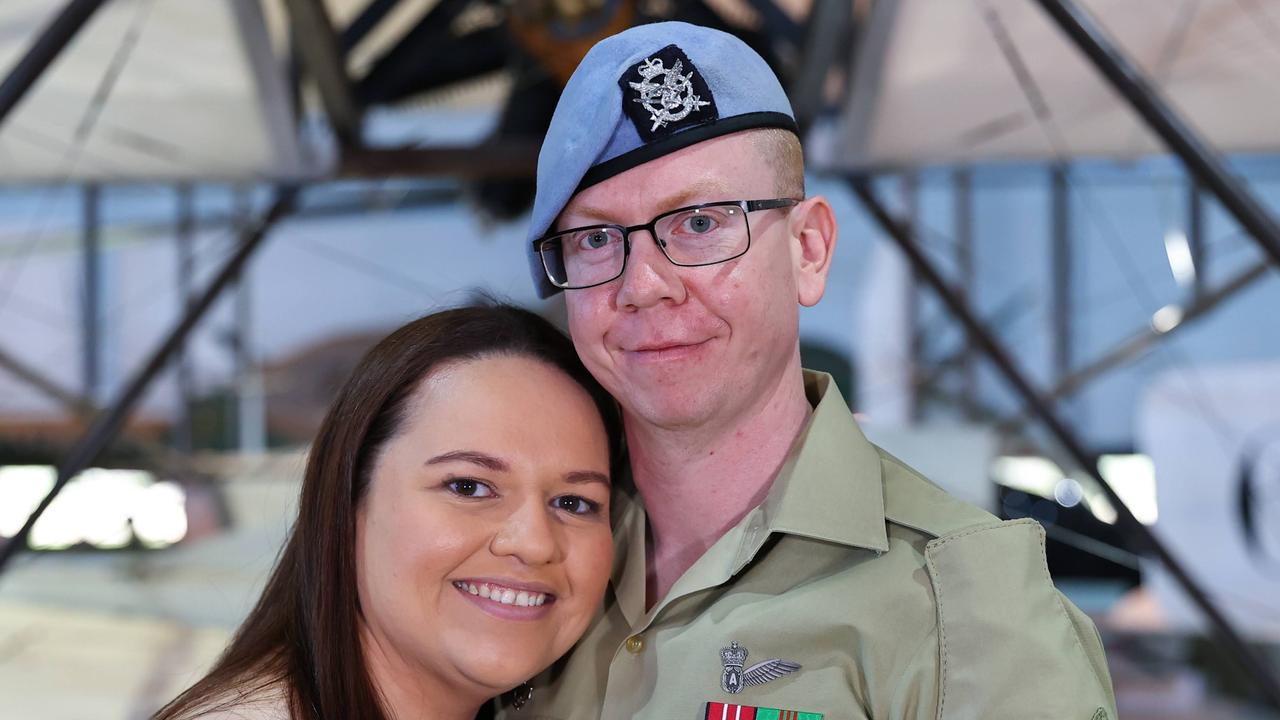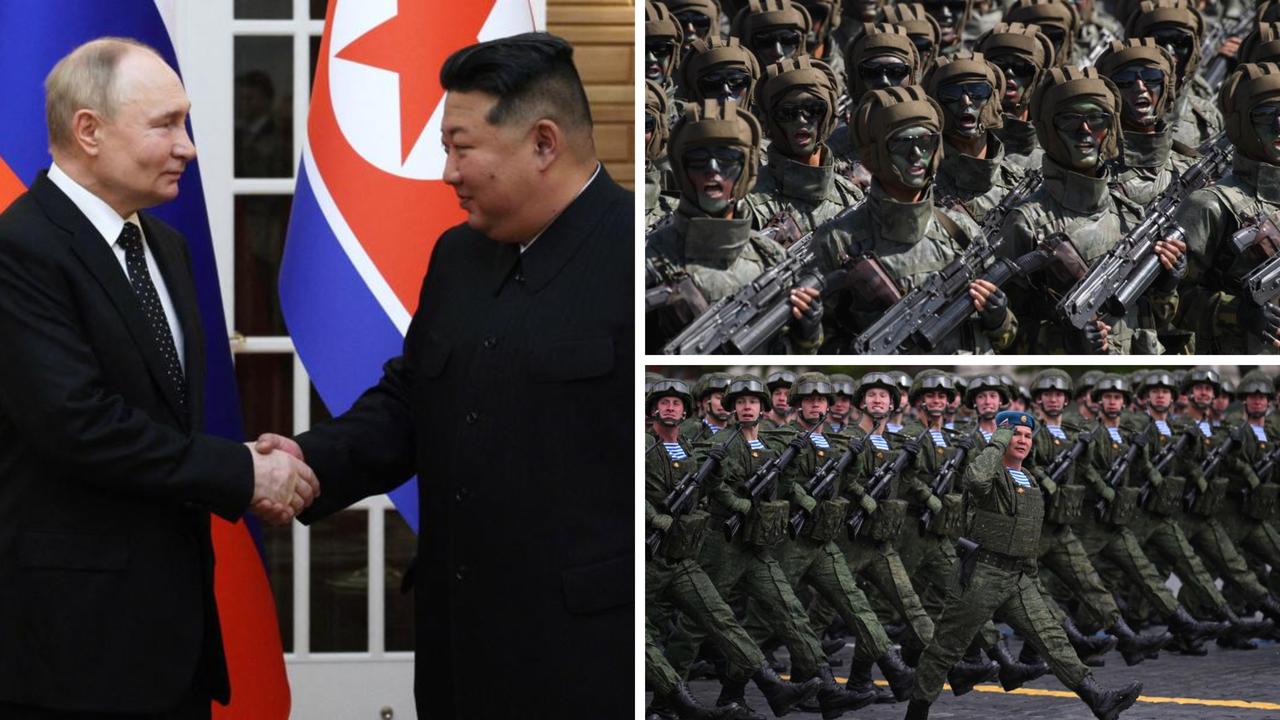Spy vs spy: UK police to get new powers to combat growing Russia threat
IT is hoped this new power could help give the West the edge over Russian President Vladimir Putin’s secret army.
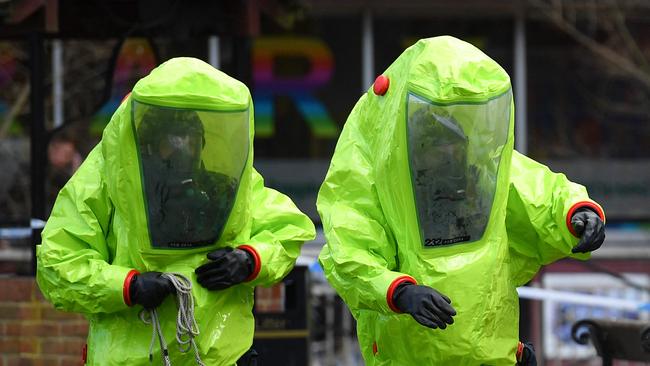
BRITISH cops are going to get beefed-up powers and there is only one enemy they have in mind - secret operatives under the orders of Vladimir Putin.
While the world digests UK claims of a Russian chemical weapons attack and the US points the finger of blame at the Kremlin for hacking, tough new powers are being planned for police and immigration officers to give them the muscle required to meet what is widely regarded as a growing Russian threat.
The new powers were announced this week and will give police and immigration officials - who are Britain’s frontline defence - the right to stop and question anyone they suspect of being a spy at airports or ports.
If their suspicions are confirmed, or they are left in any doubt, the dodgy individuals can be placed in custody of Border Force officials so they can be deported.
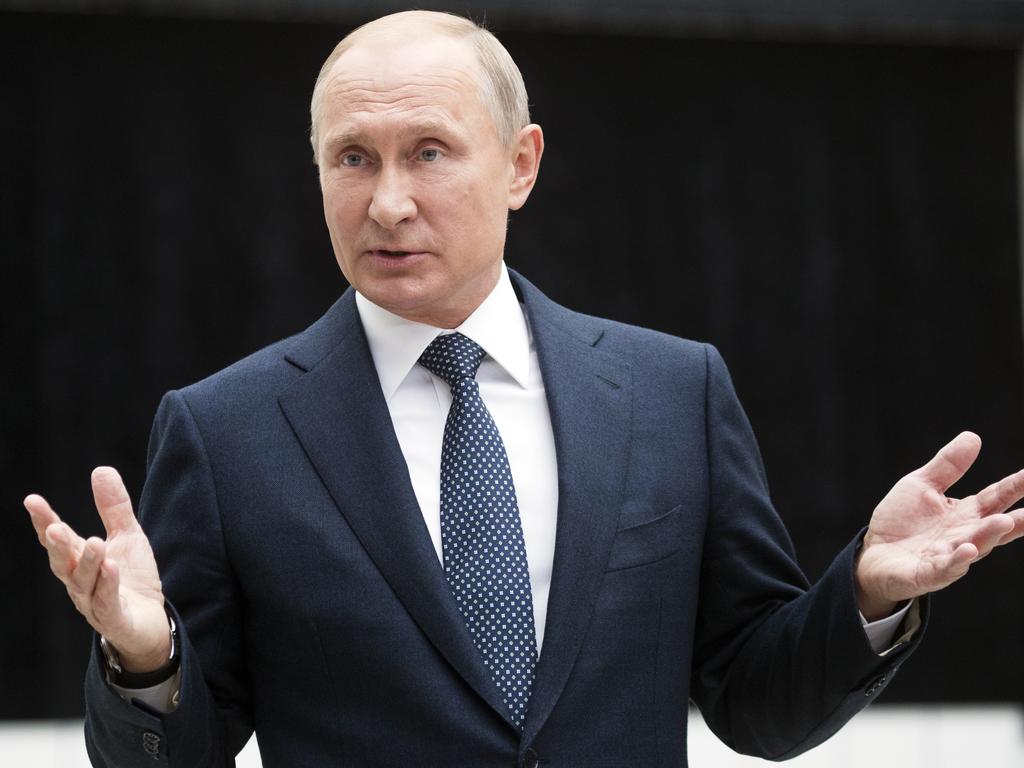
It’s believed the new powers specifically are targeted at thwarting agents like the ones the UK alleges carried out the chemical attack on former Soviet spy Sergei Skripal and his daughter Yulia in March.
A small amount of the novichok nerve agent was believed to have been smeared on the doorknob of the Skripal’s home. They both survived the attack.
Known Russian spies based in Britain have also been investigated and ruled out and an intelligence chief told a parliamentary committee last month they didn’t know the specific individuals “yet”.
The law changes mean suspected spies will also be treated now in the same harsh way as terrorists are.
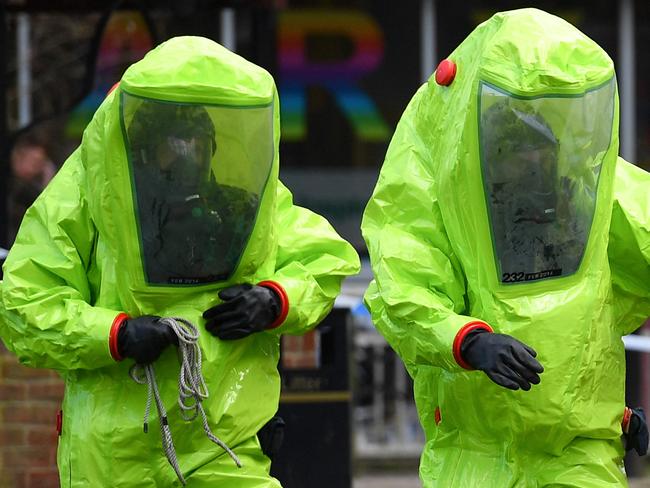
Last month, Britain expelled 23 Russian diplomats it said were spies, while other countries - including Australia - followed suit. And the UK is making no apologies for the tough measures.
Home Secretary Sajid Javid vowed “hostile state” activity would be stopped.
“We judge that it was highly likely that the Russian state carried out the appalling attack in Salisbury which demonstrates why the police need robust powers to investigate, identify and challenge those acting against our interests.”
A spokesman for the Home Secretary later added the change was needed because “the UK faces a sustained threat from hostile state actors seeking to undermine national security in a variety of ways, including espionage and, as the attack in Salisbury made clear, violence against individuals.”
It’s expected the use of the new powers will be less than the 16,000 people each year who are examined under the already existing terrorism laws.
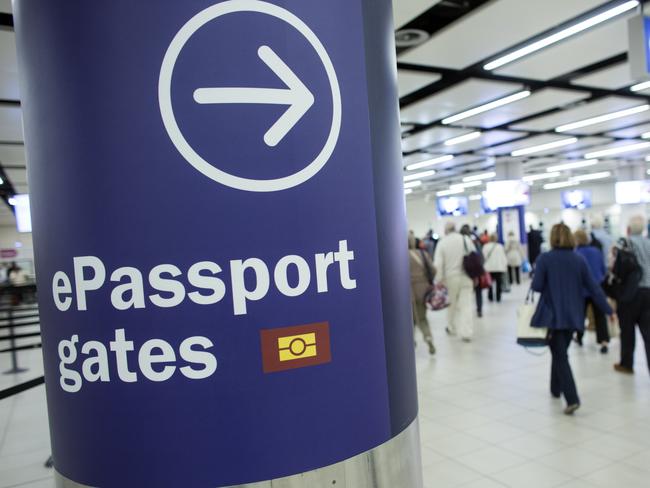
Meanwhile, while 100 police still investigate the attack on the Skripals, details have emerged of the extraordinary effort medical staff went to save them.
Salisbury District Hospital Nursing director Lorna Wilkinson told the BBC’s Newsnight a key moment came when a police officer was admitted with similar symptoms.
“There was a real concern as to how big this could get,” she said.
“Have we just gone from having two index patients having something that actually could become all-consuming and involve many casualties? Because we really didn’t know at that point.”
Dr Stephen Jukes, an intensive care consultant at the hospital, told the program: “When we first were aware this was a nerve agent, we were expecting them not to survive.
“We would try all our therapies. We would ensure the best clinical care. But all the evidence was there that they would not survive.”
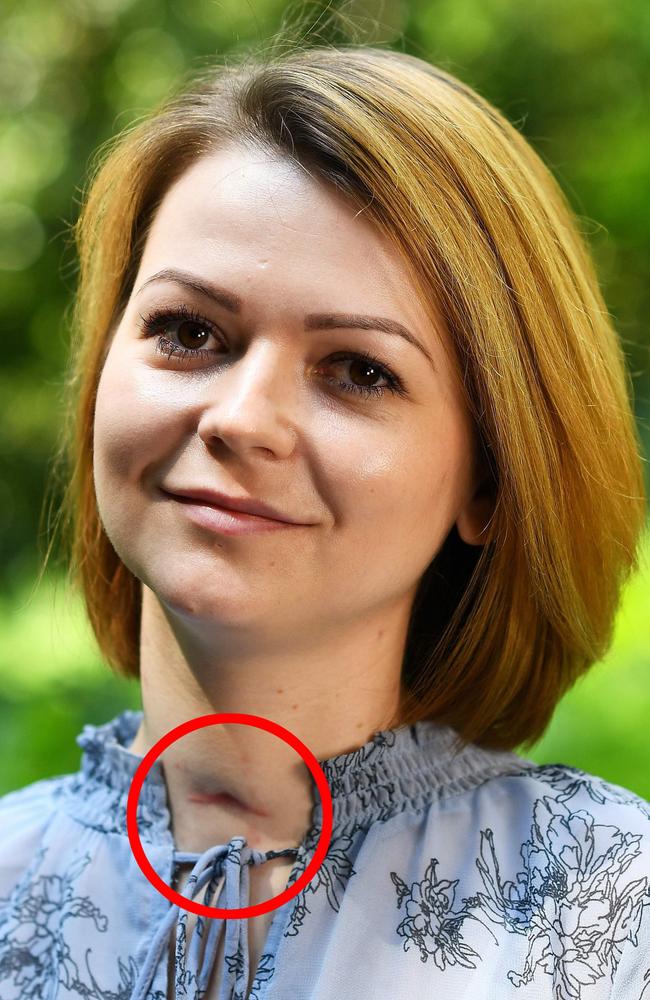
Both Skripals were heavily sedated which allowed them to cope with the intrusive medical equipment they were attached to, but also helped to protect them from brain damage, a possible consequence of nerve agent poisoning.
Gradually the sedation was lowered and the ventilation was switched from the mouth to the trachea - which can be seen by the dramatic scar on Yulia Skripal’s neck after she was released.
But all the experts interviewed by Newsnight agreed: the road to complete recovery was a long and uncertain one.
Medical director Dr Christine Blanshard said that came down to the fact so few people ever survive.
“We have a total world experience of treating three patients for the effects of Novichok poisoning and I think it’s safe to say that we’re still learning.”



